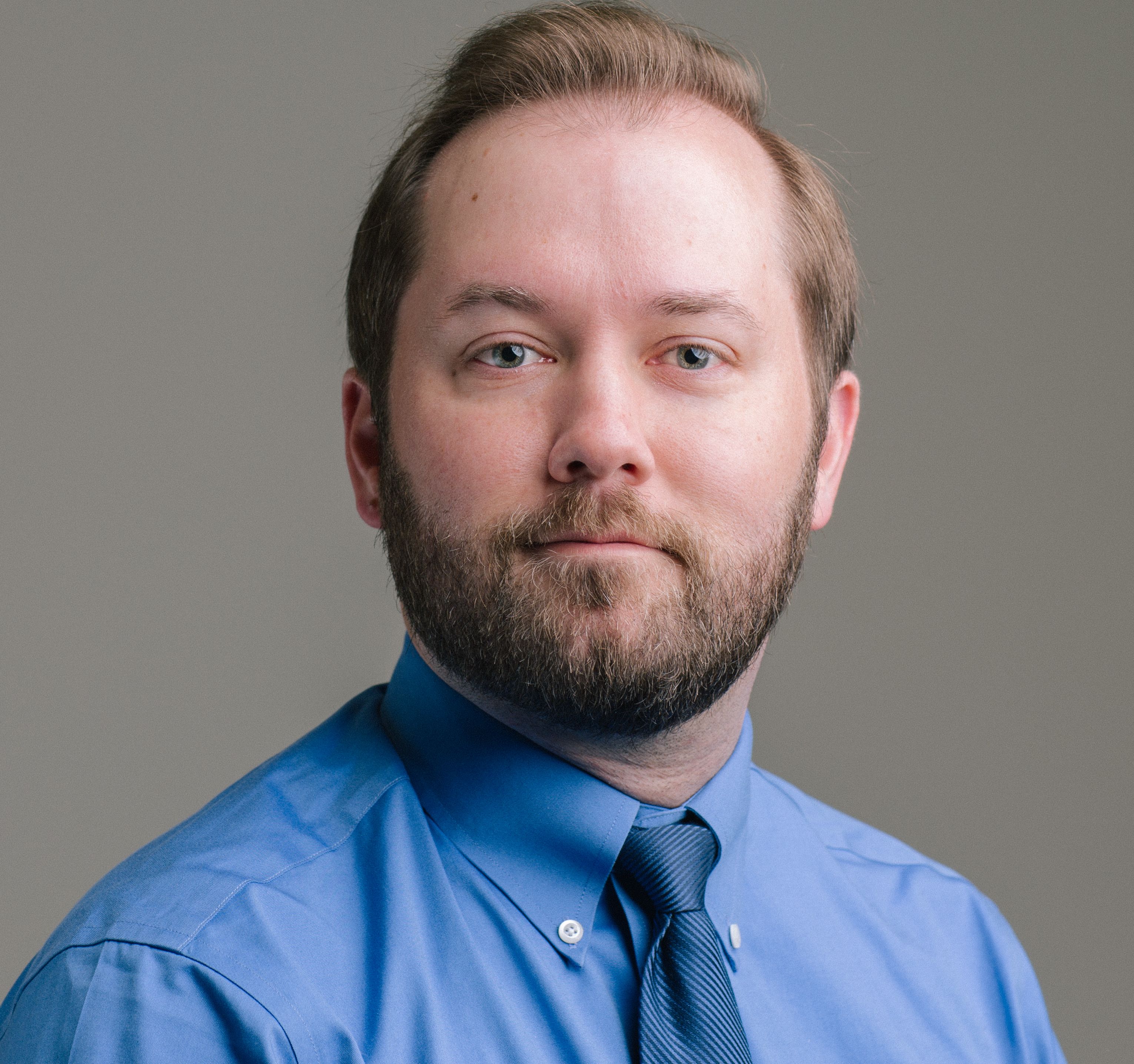Seeing Light Despite Darkness
Psychology Professor Matthew Gallagher’s Advice on The Importance of Hope


Matthew Gallagher
Matthew Gallagher
As the new year dawns, we bring with it our hopes and ambitions for the future. For those who like sayings or aphorisms or even for fans of the “Shawshank Redemption,” you might remember what the prisoner Andy Dufresne, played by actor Tim Robbins, said about hope: “Hope is a good thing, maybe the best of things.”
It turns out that scientists agree.
“Hope is a resource that even people who are facing all kinds of obstacles are able to maintain and are able to rely on to cope with all kinds of different stressors,” said Matthew Gallagher, professor of psychology at the University of Houston. Gallagher has spent more than a decade studying hope, publishing papers and books and advocating for the importance of the simple concept.
In this article, Gallagher answers questions about hope and provides insights on ways to strengthen yours if it seems elusive.
We hear that hope is important, but how do we really know?
Hope has long been a topic of interest within and outside of psychology. Decades of research have demonstrated that hope can be reliably measured, that hope is malleable, that hope promotes resilience, and that hope is beneficial across contexts and the lifespan. Hope remains a robust area of positive psychology that is being examined by scientists worldwide.
Q: How does hope impact us psychologically?
Whereas excuses represent thoughts or beliefs that can be used in an attempt to distance oneself from negative outcomes, hope represents thoughts or beliefs that can be used to bring about positive outcomes. Scientists have long held that hope brings about agency (goal-directed determination) and pathways (planning of ways to meet goals.)
The father of hope psychology, Rick Snyder, demonstrated that high-hopers are flexible in their pathways thinking and can generate multiple means to goal achievement. They are able to identify barriers to goals and to invent new means to achieve goals and can circumvent such impediments. High-hopers are less likely than low-hopers to view impediments as source of stress, approach their goals with more positive emotions and energy and experience positive emotions upon reaching their goals, whereas low-hopers experience negative effects when they do not attain their goal.
How can we regain hope if we feel we have lost it?
Psychologists agree that when we are not able to change a situation, we are challenged to change ourselves.
- Try to identify small, achievable goals in on the present moment
- Consider obstacles as challenges that provide an opportunity for growth or the development of new skills
- Recall on past successes or happy memories and how you achieved those goals
- Above all else, remember your potential. Hope is about using your personal agency to achieve the desired outcome. It’s a vital resource.
